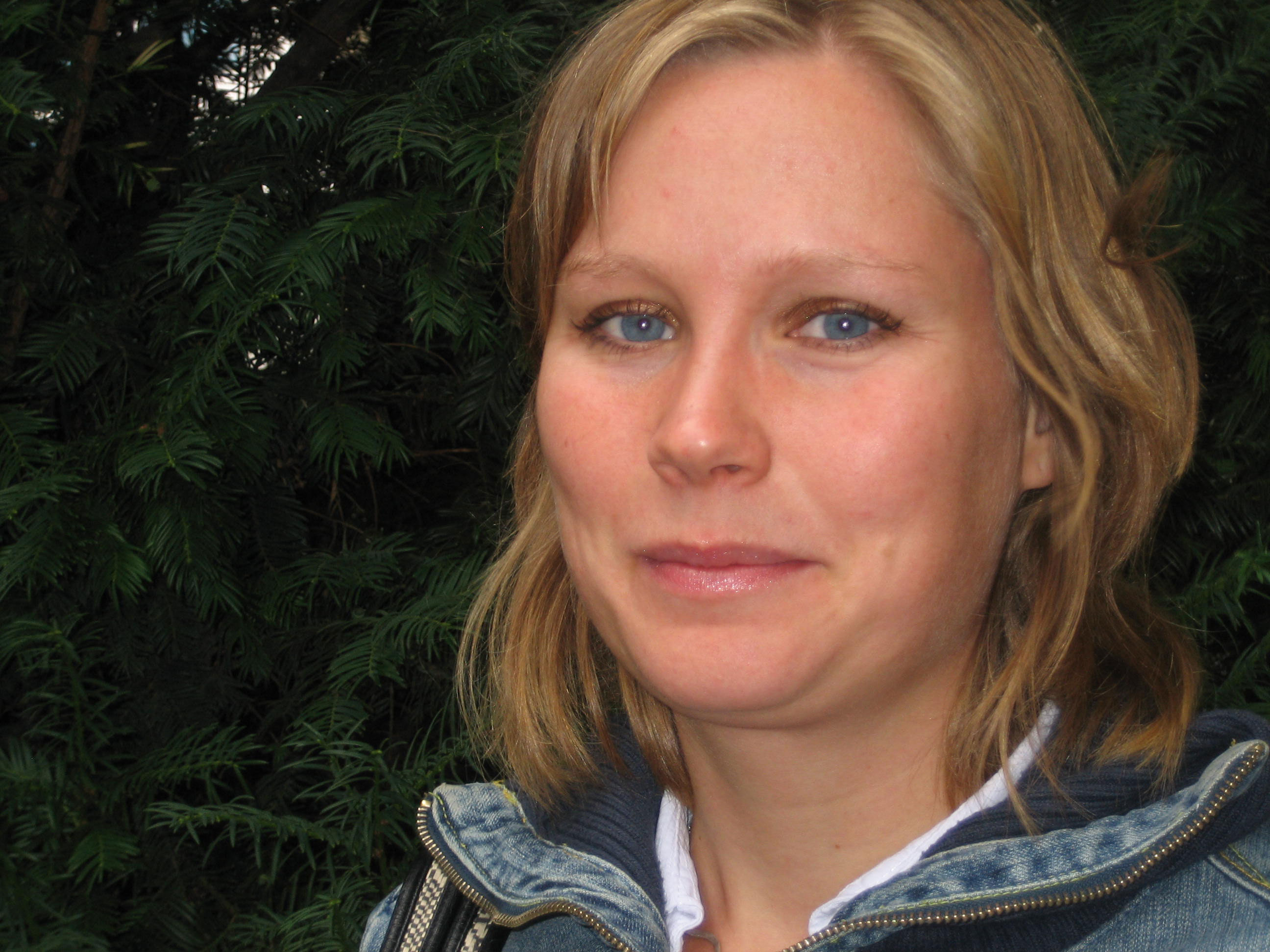Red figures for gender equality efforts
The University of Oslo is the first scholarly institution that has looked at its budgets from a gender equality perspective. The survey suggests that male researchers at the University get more money than their female colleagues.

"In all the analysed areas it seems that male employees are better off than women," says Anna Vibeke Lorentzen, gender equality adviser at the University of Oslo.
She has been part of the work group that has written the report -mest til menn? (-most for men?), which was publicised in September. The report analyses three budget areas at the University; local wage negotiations, allocation of 'start-up packages' and research trips abroad for researchers at the Faculty of Mathematics and Natural Sciences.
The purpose of the report was to uncover unintended differences in how financial means are divided between women and men in academic positions.
Receive more
The wage differences at the University of Oslo are small within each grade code. In some grade codes women on average earn more than men. However, the largest gap is between male employees – those with the highest and lowest wages are men. In local wage negotiations more women than men get a raise.
Still, men in leading academic positions get a bigger average raise than women.
"More women get a raise in the local negotiations, but the men get more money when they do get a raise," says Lorentzen.
Lorentzen explains that one reason might be the big wage gaps between the various academic fields. The pay raises within medicine and the natural sciences are generally higher than the pay raises in the humanities and social sciences, where most of the female researchers work.
Fails to even out
Lorentzen thinks these finds may imply that the University’s wage policy fails to even out the wage gap. "It doesn’t help to give women many small raises when the men still end up getting more. That won’t close the wage gap," she says.
The results show something the University already knows – that there are more men in the leading academic positions which yield the highest wages.
"The solution must be to recruit more women to permanent academic positions and managerial positions. That way we can increase the women’s salaries."
But first the work group will ask the deans to create gender-based statistics of the local wage negotiations, to see if the pattern persists.
"If this is the case we must ask ourselves if this is a wage policy we want to continue," says Lorentzen.
Start-up packages
Recently appointed academic staff at the University of Oslo can apply for start-up packages; extra funding for things like conferences, equipment and salary for research assistants or technical assistance. This will give newcomers the means to start research as soon as possible and will help the University recruit highly qualified academic staff.
According to the survey conducted by the work group men received more start-up packages than women in the period from 2003 to 2007, and they also received more money.
"It looks as though women accumulate disadvantages, because the female ratio decreases with each step of the process," says Lorentzen.
Counteracts gender equality
She says that between 2003 and 2007, 33 per cent of the newly appointed associate professors and professors were women. 31 per cent of these applied for start-up packages, 28 per cent were granted one. And women ended up getting 22 per cent of the means.
"Most of the women who received start-up packages work in the humanities and social sciences, where the size of the start-up packages often are smaller than in medicine and the natural sciences. It is opposite for men; most of the recipients come from medicine and the natural sciences," says Lorentzen.
She believes these finds show that differences between faculties and genders work together, and wants to take a close look at this arrangement.
"Start-up packages are supposed to help the recruitment process. If men get most of these means this arrangement might actually counteract our goal to recruit more women to the University."
Lorentzen says that the work group now asks the faculties to use the start-up packages to promote gender equality, in line with the efforts to improve the gender balance through recruitment.
Research trips abroad
The last area that the work group has focused on is research trips abroad for researchers at the Faculty of Mathematics and Natural Sciences.
"The faculty wants as many researchers as possible to work abroad, and consider this to be a good career move. Therefore all requests for funding have been granted."
The faculty received a total of 117 applications for travel funding between 2000 and 2008. 18 of these came from women.
"We see similar tendencies as with the start-up packages. Women constitute 16,5 per cent of the permanent staff at the faculty, but only 10,7 per cent of the applicants."
Difficult with children
Lorentzen thinks that one important reason for the low number of female applicants for travel funding is that women find it more difficult to move abroad with their family. Female employees apply for research leaves to the same degree as men. Only when it comes to research trips abroad fewer women apply.
"After this clarification the faculty staff received a questionnaire. This revealed that women found research trips abroad difficult out of consideration for their family, for practical reasons like day care, housing and school, and because of their commitments at work."
More flexibility
To solve these problems the work group has suggested more flexible guidelines for research trips.
"If one long trip is exchanged for several shorter trips, it might be easier for women to go abroad. They wouldn’t need to take their family along. Another solution may be to bring foreign researchers to the University of Oslo. That way, researchers who are unable to travel still come into contact with international researchers."
Wants debate
The report from the work group has already been presented to the deans and will be presented to the University board. Lorentzen hopes that this will spawn further debate and interest, and that the report will be used as a basis for a closer look at the University policy.
"No one knowingly creates a discriminatory policy. Still, supposed gender-neutral guidelines may turn out to be quite the opposite. Our job is to uncover unintended differences and start a debate at the University. I hope we succeed in this," she says, and adds that they plan to continue their work: "We want to analyse strategically important areas of the institution. We are considering the areas of scientific travels, academic priorities and the project 'Småforsk', which distributes small grants to research projects."
She says she hopes their gender equality analysis of the University of Oslo may inspire other institutions to do the same.
"This has been very useful," she says.
Translated by Vigdis Isachsen
In January 2007 a work group was established to carry out a pilot project on gender equality analyses of plans and budgets at the University of Oslo. The goal was to see if ordinary measures and priorities are unintentionally gender biased, if there are any differences and how big they are.
Vise-Chancellor Inga Bostad headed the work group which has consisted of senior adviser at the Finance and Planning Department, Per Heitmann; head of section at the Faculty of Mathematics and Natural Sciences, Ingrid Uldal; and gender equality adviser Anna Vibeke Lorentzen. The work group has written the report: Rapport fra arbeidsgruppen for likestillingsvurdering av planer og budsjetter - mest til menn? (Report from the work group for gender equality analyses of plans and budgets – most for men?) The report helps document the current situation at the University, but also suggests measures that may further improve the gender balance.
